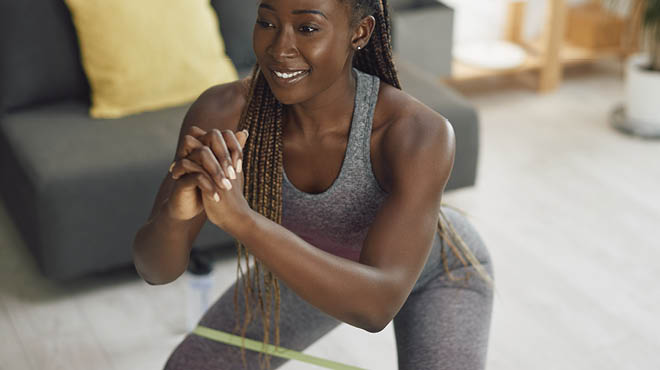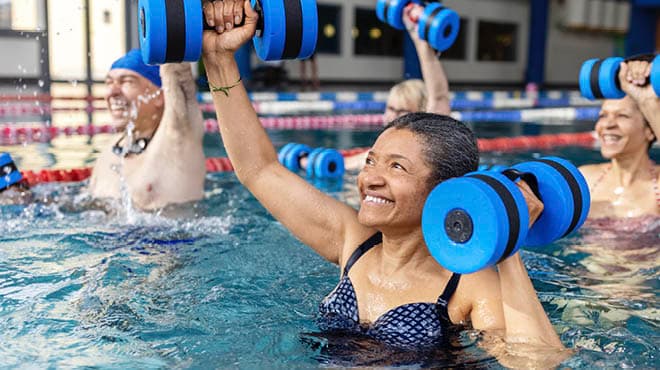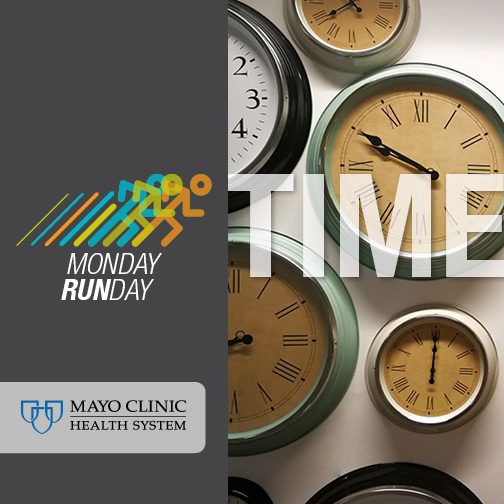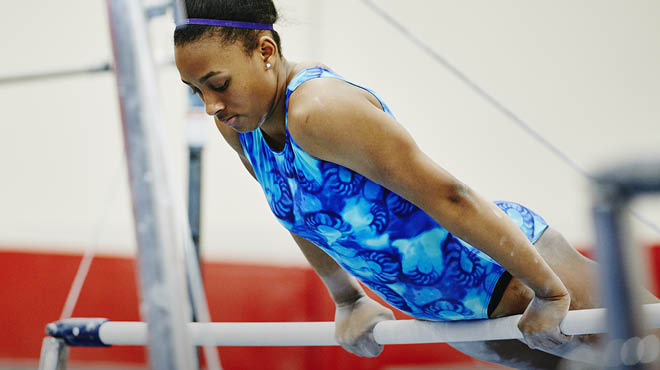Recent Posts
Can taking a cold plunge after your workout be beneficial?

From ice bucket challenges to polar plunges, people have embraced being doused with or dunked in icy water to raise money for their favorite causes. But can cold water immersion have benefits beyond fundraising?
Research indicates that icy water may have a positive effect on recovery after exercise by reducing inflammation and soreness. It also may help build resiliency, restore balance to the nervous system and improve cognitive function and mood.
What are the basics of cold-water immersion?
A cold plunge or cold-water immersion involves partially or totally submerging yourself in cold water for a few minutes at a time. It can be as simple as sitting in a bathtub filled with cold water and ice cubes or jumping into a cold lake or the ocean. You also can go to a cold-plunge center or create or buy your own cold-plunge tank, which, if it has all the options, can cost up to $20,000.
Be sure not to plunge into icy waters that have a current, such as a river, to avoid being swept downstream or trapped under ice.
Water should be 50 F or colder. Keep in mind that the water in a frozen lake will be much colder. That's why it's a good idea to measure the temperature before you jump in. The plunge can be done as one continuous session or multiple sessions with breaks between the sessions. Typically, cold-water plungers start with 30 seconds to a minute and work up to five to 10 minutes at a time.
Researchers are still determining the optimum process and timing for cold-water immersion sessions.
You can do cold plunging every day. However, if you're doing it after training, daily plunges could compromise the potential for long-term performance improvements.
What are the benefits for workout recovery or athletic performance?
Research on cold-water immersion has found evidence that it helps reduce the degree of exercise-induced muscle damage that can occur after physically challenging activities. Less damage leads to less inflammation, which in turn reduces soreness and helps restore physical performance the next day.
These benefits may be the result of rapid constriction of the blood vessels due to the cold water. The cold can trigger responses in your body, such as decreased metabolic activity, alterations in hormone production and blood flow, and activation of the immune system.
What are the drawbacks of cold plunges?
The most obvious drawback is the cold and discomfort, although frequent plungers report becoming more comfortable and tolerant of the cold with regular exposure. Depending on the environment, such as plunging into an ice- and snow-covered lake, you also may be at risk for frostbite. Too-long exposure also can lead to hypothermia, so make sure you have towels and warm clothing close at hand if you're doing cold plunges outdoors.
For athletes, cold-water immersion may affect different types of training in different ways. For those engaged in resistance training, cold water may turn down the molecular signaling pathways that are normally activated after exercise. This may hinder long-term improvements in strength, muscle growth and performance. However, cold-water immersion doesn't appear to negatively affect endurance training in the same way.
If you want to give cold-water immersion a try, start by consulting an expert, such as a sports medicine specialist, to ensure you're plunging appropriately and following the right protocol. If you have risk factors associated with cardiovascular disease, such as high blood pressure, check with your primary care provider or cardiologist so you know it's safe for you to cold plunge.
Andrew Jagim, Ph.D., specializes in sports medicine in La Crosse and Onalaska, Wisconsin.






